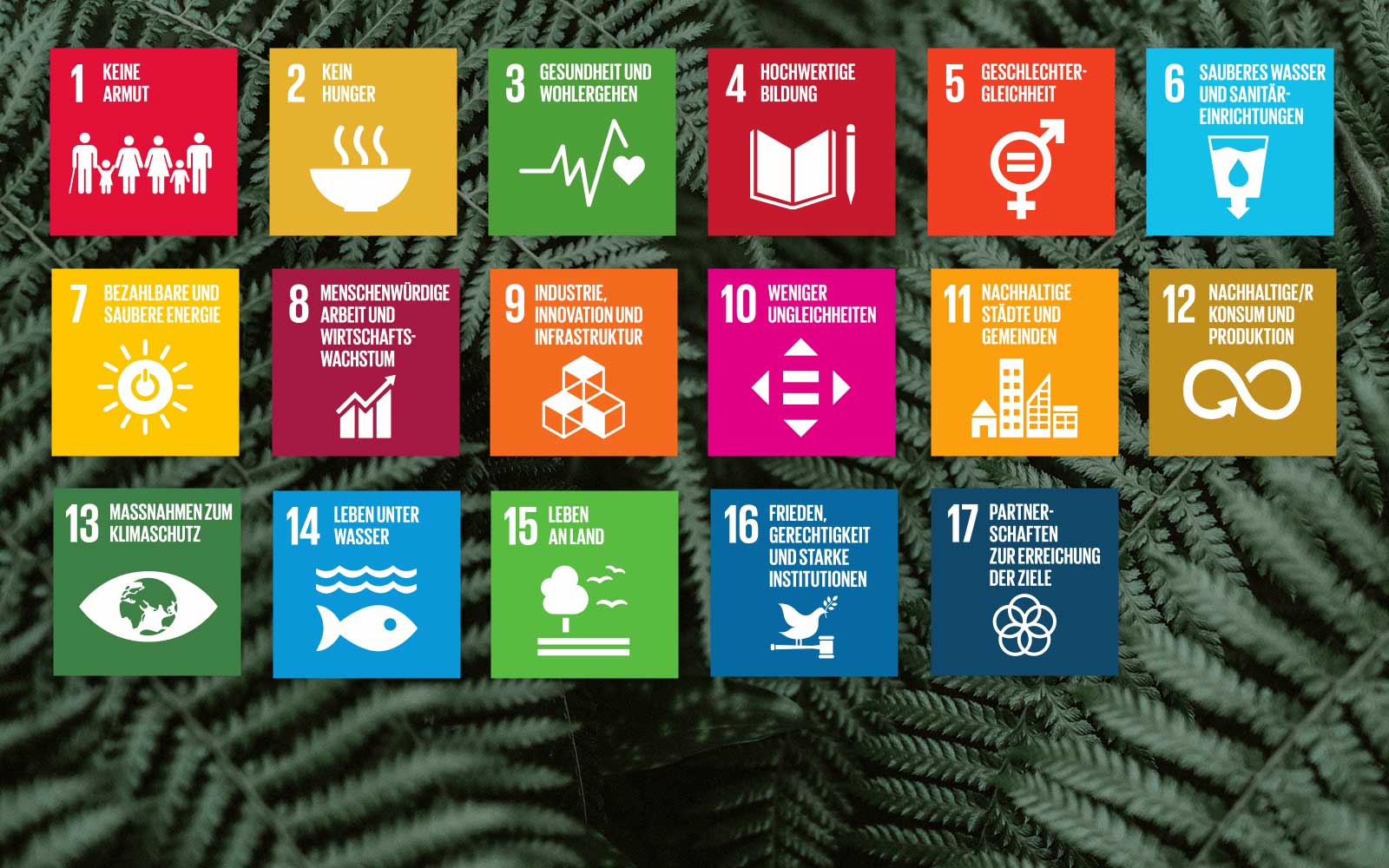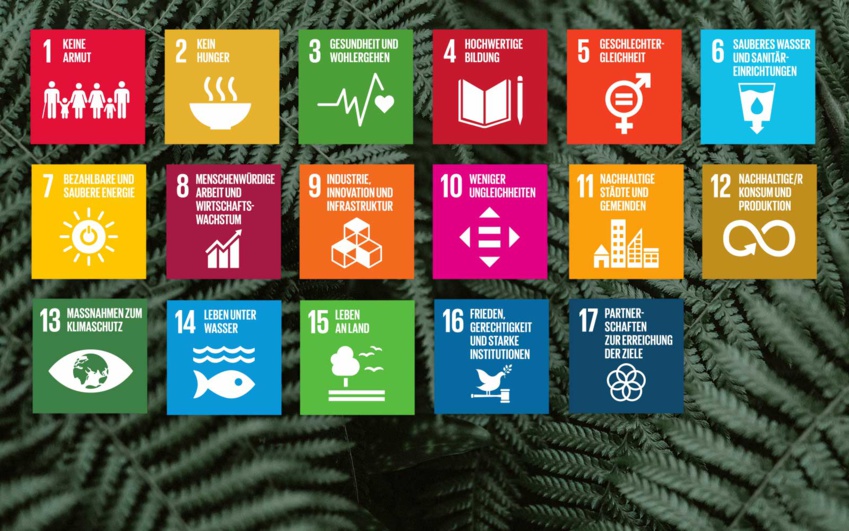The Global Sustainable Competitiveness Index (GSCI) is a tool that measures the sustainability and competitiveness of countries using 190 quantitative performance indicators. Since its inception in 2012, the GSCI has been used as a comprehensive alternative to GDP, providing insights into country-specific and issue-specific risks for businesses and investors, and tracking policy progress for countries. Currently, four governments officially use the GSCI to monitor their progress towards sustainability and competitiveness.
The 190 quantitative indicators used in the GSCI are sourced from international organizations such as the World Bank, IMF, and various UN Agencies. These indicators are categorized into six dimensions that determine a nation’s competitiveness:
The 190 quantitative indicators used in the GSCI are sourced from international organizations such as the World Bank, IMF, and various UN Agencies. These indicators are categorized into six dimensions that determine a nation’s competitiveness:
- Natural Capital Index: This reflects the given natural environment.
- Resource Efficiency Index: This measures resource usage per capita and per economic output.
- Social Capital Index: This evaluates social cohesion, health, freedom, security, and equality.
- Intellectual Capital & Innovation Index: This includes education and innovation indicators.
- Economic Sustainability: This assesses business and economic frameworks & performance.
- Governance Performance Index: This considers infrastructure, resource allocation, corruption, and fiscal considerations.
All indicators are evaluated as they are and analysed for trends, providing a comprehensive overview of each country’s strengths and weaknesses, as well as an indication of future direction and potential.
Key findings from the 2023 Global Sustainable Competitiveness Index include:
- Scandinavia continues to lead the Sustainable Competitiveness Index, with Sweden at the top.
- China, ranked 30, surpasses the US (ranked 32) for the first time. China excels in Intellectual Capital but lags in Natural Capital and Resource Intensity/Efficiency.
- The USA, ranked 32, scores particularly low in resource efficiency and social capital.
- Japan is ranked 12, Germany 15, the UK 16, France 18.
- Asian nations (Korea, Japan, China, Singapore) lead the Intellectual Capital Index.
- Countries in North-Western Europe top the Social Capital Index.
- A comparison of GSCI-based rating and conventional sovereign bond ratings suggests that commonly used country credit ratings fail to fully incorporate all risks and opportunities.
The highest score in 2023 is 60 (Sweden), and the global average is 43.4 out of a possible 100, indicating that the world as a whole is far from being truly sustainably competitive. A slight majority (52%) of all trends across all countries show positive developments, suggesting small but positive improvements in the future. However, a majority of trends in Natural Capital are deteriorating, indicating a further decline in the natural environment.
Sustainable competitiveness is defined as the ability to generate and sustain inclusive wealth without diminishing the future capability of sustaining or increasing current wealth levels. In other words, what is not competitive is not sustainable, and what is not sustainable is not competitive. For more details, you can download the Global Sustainable Competitiveness Report 2023 and country-level data from the GSCI downloads section.


 2023 Global Sustainable Competitiveness Index: Key Insights and Trends
2023 Global Sustainable Competitiveness Index: Key Insights and Trends





 Companies
Companies